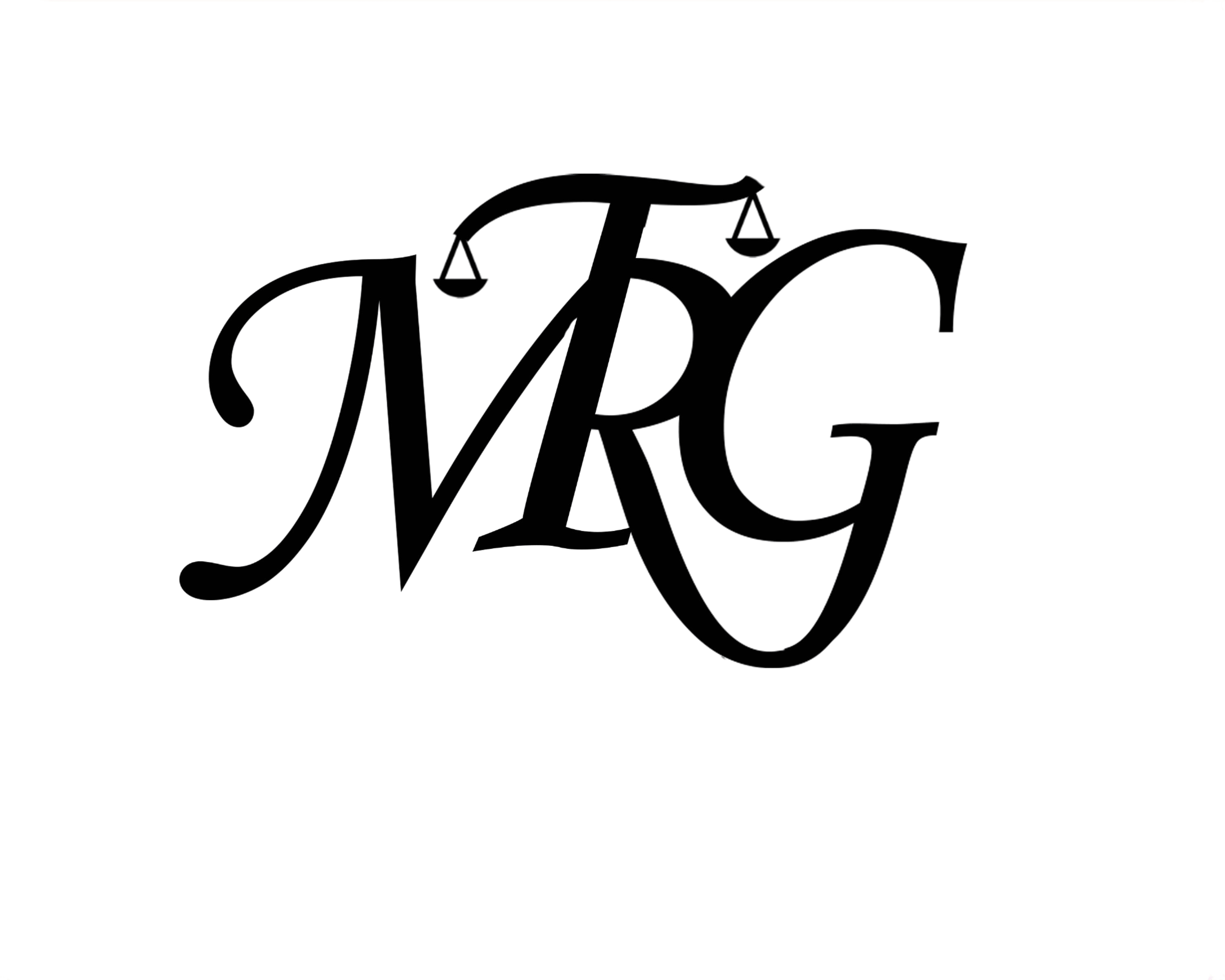The pain of losing a loved one can be overwhelming, and having to navigate the administration process can add further stress if you do not have sound legal representation and advice. Estate administration is the process of collecting and managing the estate, paying any debts and taxes and distributing the assets of the deceased to beneficiaries. The beneficiaries of an estate are determined by the Will and if there is no Will, by the laws of Intestacy.
-
Letters of Administration
If the deceased died “intestate” i.e. leaving no Will, or if the Will is invalid for any reason, what is needed is a Grant of Administration. Assets/possessions of the deceased person cannot pass to the beneficiaries until an application for Letters of Administration have been extracted in the estate of the deceased. It is the extracted Grant which is obtained at the end of the process that gives the appointed Administrator the legal authority to deal with the assets belonging to the deceased. Once the Grant has been obtained from the Court the appointed Administrator can proceed to collect the asset or effect the transfer or sale of the property as the case dictates. Click here to schedule your FREE consultation to learn more about the administration process and have your questions answered.
-
Probate
If the deceased (Testator) left a Will and appointed one or more Personal Representatives (called the Executor or Executrix) and at least one of those Personal Representatives is willing to act, then the extracted Grant from the Court is called a Grant of Probate. Probate is necessary to legally establish the will and the position of the executor. Once the Grant of Probate is obtained the Executor can proceed to honour the wishes of the deceased as outlined in the Will. Click here to schedule your FREE consultation and learn more about the Probate process and have your questions answered.
